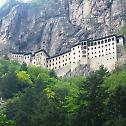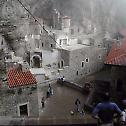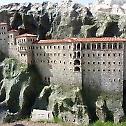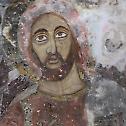Orthodox Churches
Huge project of the Russian Church and State
18. August 2011 - 12:27Russian state and Russian Orthodox Church began a cooperative project of building of the 200 new churches in Moscow, says the website Orthodoxy and the World. This is the largest joint venture in Russia's recent history.
The preparation of documentation, determination of construction sites, construction coordination and regulation of methods of financing the construction are in progress. To run this project, the Holy Synod of the Russian Orthodox Church has appointed Bishop Tikhon of Podole, who is also the president of the Financial Administration of the Moscow Patriarchate.
Turkish authorities allow religious service to be held in Sumela
15. August 2011 - 10:24
More than thousand Greeks, mostly from Europe and America, whose ancestors after the First World War were driven out of Turkey from the Asia Minor's region of Pontus, are on the way to an ancient monastery of "Theotokos of Sumela", where Patriarch Bartolomew will serve on Monday the liturgy on the feast day of the Dormition of the Theotokos according to the new calendar.
People of Ghana receive the Orthodox faith
12. August 2011 - 10:09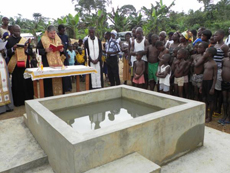 On August 9, Metropolitan Georgios of Accra (Patriarchate of Alexandria) made a pastoral visit to the parishes of eastern Ghana. He visited the Churches of the Apostle Mark, St. Macrina, Apostle Andrew the First Called, Martyr Triphon, the Annunciation of the Theotokos, and the Apostle Peter.
On August 9, Metropolitan Georgios of Accra (Patriarchate of Alexandria) made a pastoral visit to the parishes of eastern Ghana. He visited the Churches of the Apostle Mark, St. Macrina, Apostle Andrew the First Called, Martyr Triphon, the Annunciation of the Theotokos, and the Apostle Peter.
In the Church of the Nativity of Christ in the village of Dvakha, Metropolitan Georgios performed a mass baptism. Then he met with the local tribal chiefs and discussed matters of current importance to the region, including the need to build schools and hospitals, reports Amen.gr.
Moscow Patriarchate creates media mistakes correction department
12. August 2011 - 9:48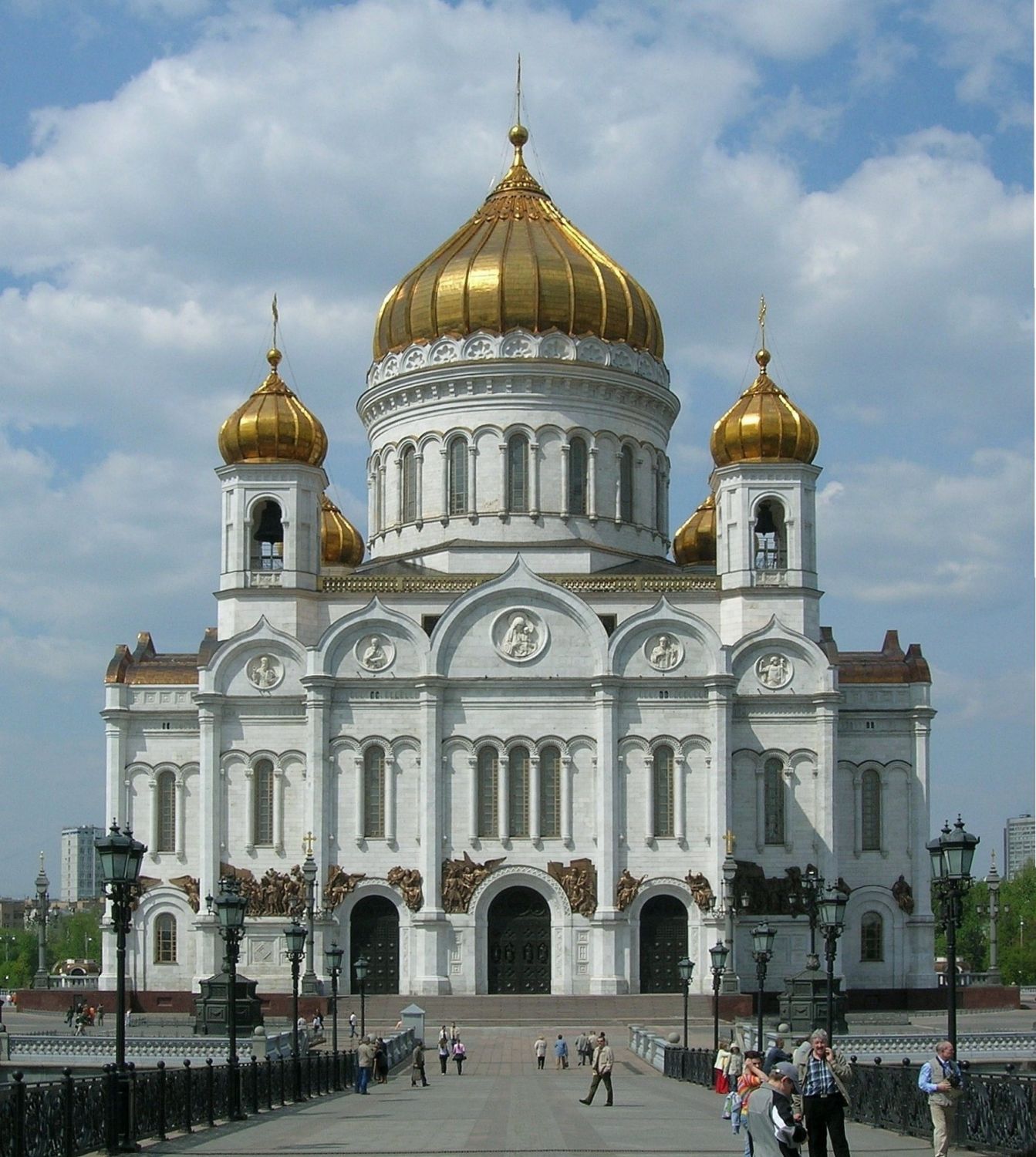 The Synodal information department has created a sub-department for the correction of mistakes made in the media on subjects regarding the activities of the Russian Orthodox Church, the website of the Moscow Patriarchate, Patriarchia.ru, has stated.
The Synodal information department has created a sub-department for the correction of mistakes made in the media on subjects regarding the activities of the Russian Orthodox Church, the website of the Moscow Patriarchate, Patriarchia.ru, has stated.
The department's main duty will be to continually gather the most typical and widespread mistakes found in the media as it reports on Orthodox themes. Using this instrument, the Synodal information department plans to work out a unified standard in the Church for the use of Orthodox, ecclesiastical, and theological terms in the media.
Russian Church proposes a plan to reduce the number of abortions
9. August 2011 - 12:34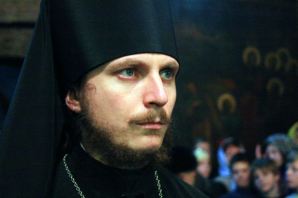 Member of the Expert Council of the Synodal Youth Department and senior lecturer at the bioethics department of Russian State Medical University Hieromonk Dimitry (Pershin) urged the government to apply abortion money to raise the birth rate.
Member of the Expert Council of the Synodal Youth Department and senior lecturer at the bioethics department of Russian State Medical University Hieromonk Dimitry (Pershin) urged the government to apply abortion money to raise the birth rate.
"A woman must be paid at least two thousand roubles a month beginning from the third week of her pregnancy. The money will be available, if the government cancels the "abortion rent": today, taxpayers contribute their own money to pay for "free" abortions which cost us several billion a year," Father Dimitry said in an interview run in an August issue of Krestovsky Most, an Orthodox newspaper.
Statement by DECR Communication Service on the desecration of an Orthodox church at the Kosovo village of Samodreza
8. August 2011 - 12:51 The church of the Beheading of St. John the Baptist at the Kosovo village of Samodreza was built at a place where, according to tradition, the warriors of the Holy Prince Lazar took communion before the Battle of Kosovo and where participants in that historic battle were buried. The church was held in reverence by the Orthodox people in Kosovo.
The church of the Beheading of St. John the Baptist at the Kosovo village of Samodreza was built at a place where, according to tradition, the warriors of the Holy Prince Lazar took communion before the Battle of Kosovo and where participants in that historic battle were buried. The church was held in reverence by the Orthodox people in Kosovo.
The forced exodus of Serbs during the Yugoslavian crisis has led to the desolation of the holy shrine. In 1998, local people hostile to the Orthodox faith broke the roof of the church and in the following year the church was ravaged and set on fire from within. After the last group of Serbs left Samodreza in 1999, the concrete fence surrounding the church was destroyed and the church was filled with rubbish and excrement. The church building was considerably damaged in the course of anti-Serbian pogroms in March 2004.


